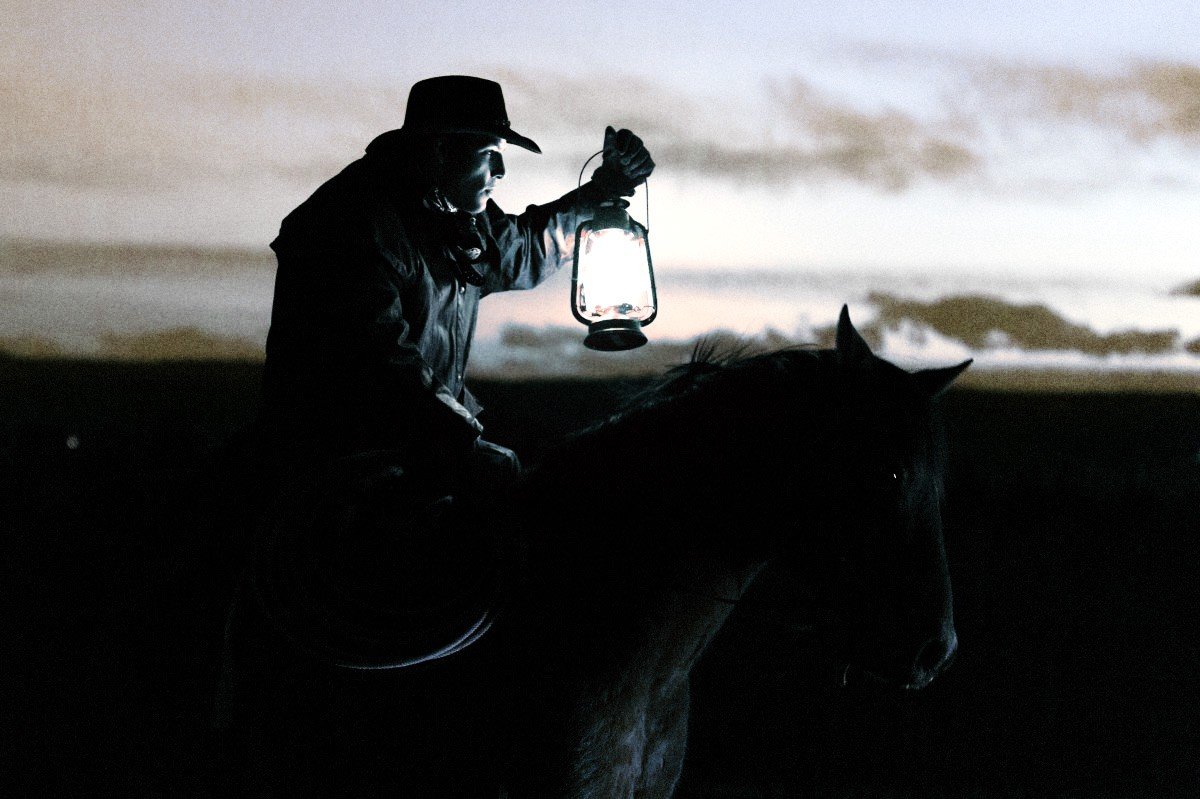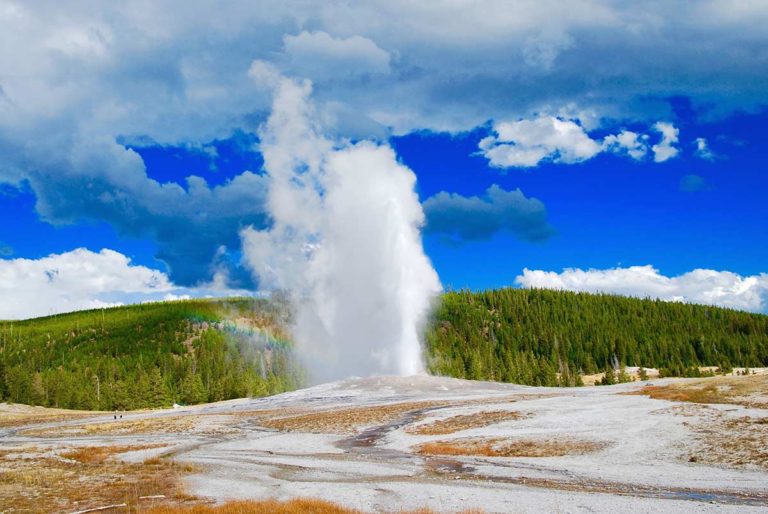Zechariah 1 Commentary
by Brad Boyles
According to many scholars, Zechariah is the most messianic, apocalyptic, and end times descriptive book of the Old Testament. That’s a big statement considering many have probably never read it. Haggai led the charge to rebuild the temple and Zechariah picked up that torch. Haggai was stronger in his rebuke of the people’s laziness while Zechariah challenged with encouragement. Sprinkled into his writings we will find many references to Christ and the future kingdom.
“The name Zechariah means “Yahweh Remembers.” This powerful phrase communicates a message of hope: the God of Israel will mercifully remember His people. The prophet is identified as “the son of Berechiah, the son of Iddo.” Iddo was among the heads of the priestly families that returned from Babylon to Judah. Zechariah, then, was a member of the tribe of Levi and probably served as both a priest and a prophet. He entered his prophetic ministry two months after his contemporary Haggai had concluded his first oracle.”
Nelson’s Commentary
He begins with a message of repentance for sins past. He is grieved that the future generations may refuse the voice of God has their fathers did. This is a constant message of the Scriptures. God reaches out to man and man rebels. We know this pattern of behavior led to our sin being laid on the Messiah Jesus Christ once and for all.
He then moves to a vision of a horseman moving about the Earth leading other horses behind him. Our first inclination is to associate these horses and colors with the riders from Revelation 6, however, these horses are not bringing judgment but functioning as observers over the Earth. Just like Satan and his demons prowl about the world looking for someone to devour, God also has His messengers scouring the affairs of humanity.
Zechariah ask the man standing among the myrtle trees for an explanation.
“The myrtle tree is a laurel, which is evergreen and possibly a symbol of the people of Israel. This man is the Angel of the LORD (Zec 1:11), and is no doubt an Old Testament appearance of Jesus before His incarnation in Bethlehem.”
David Guzik
We know this was Jesus because verse 10 calls Him a man, verse 11 an angel of the Lord, and verse 13 indicates that He is the LORD.
“There are many examples in the Old Testament of an encounter with a heavenly man known as the Angel of the LORD who is revealed to be God Himself (Gen 16:7-13, Gen 22:11-18, Exo 2:3-9, Jdg 2:1-4, and many other places). Because of Zec 1:11, we know this man is the Angel of the LORD, and that He is God.”
David Guzik
The Lord was not pleased with the report. Although it was a report of peace, it was not the right kind of peace. God’s people were in shambles after just returning from captivity. He was upset with all of the nations surrounding them which had brought persecution and suffering. This moving scene shows a powerful characteristic of our God. He loves His children. Though He disciplines them, He does not take pleasure in their suffering. Our Father in heaven is a generous and jealous God who longs to restore his sons and daughters and show His unmatched love and compassion.
God’s emotions are not like ours. He does not allow His emotional state to produce a sinful response because He is without sin. So, when He speaks of His compassion and jealousy, we know that He is more sincere than any human being who would utter those same words. He will deliver on His promise to restore us. He will not abandon us or mistreat us. This is the God we serve! He is jealous for you!




